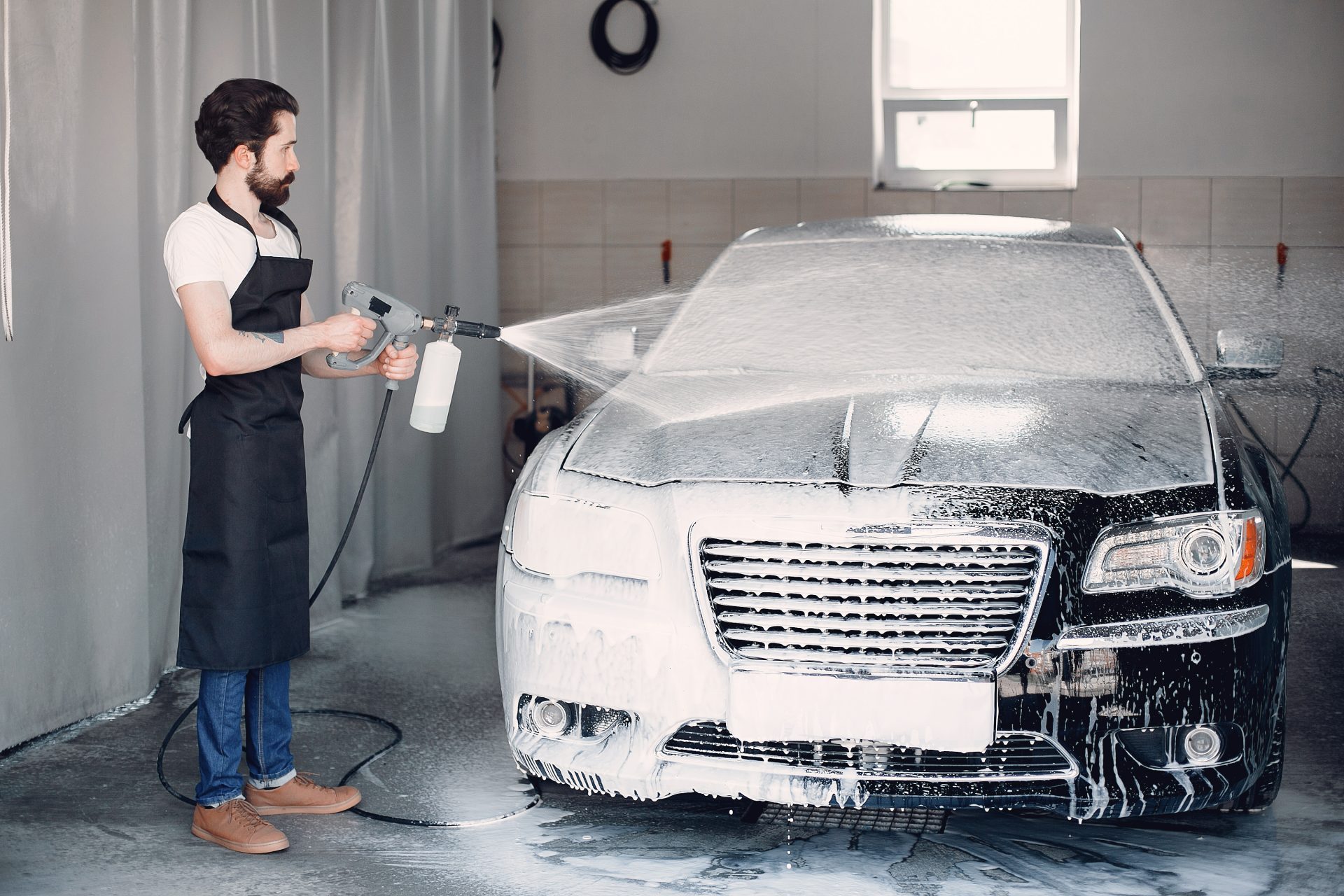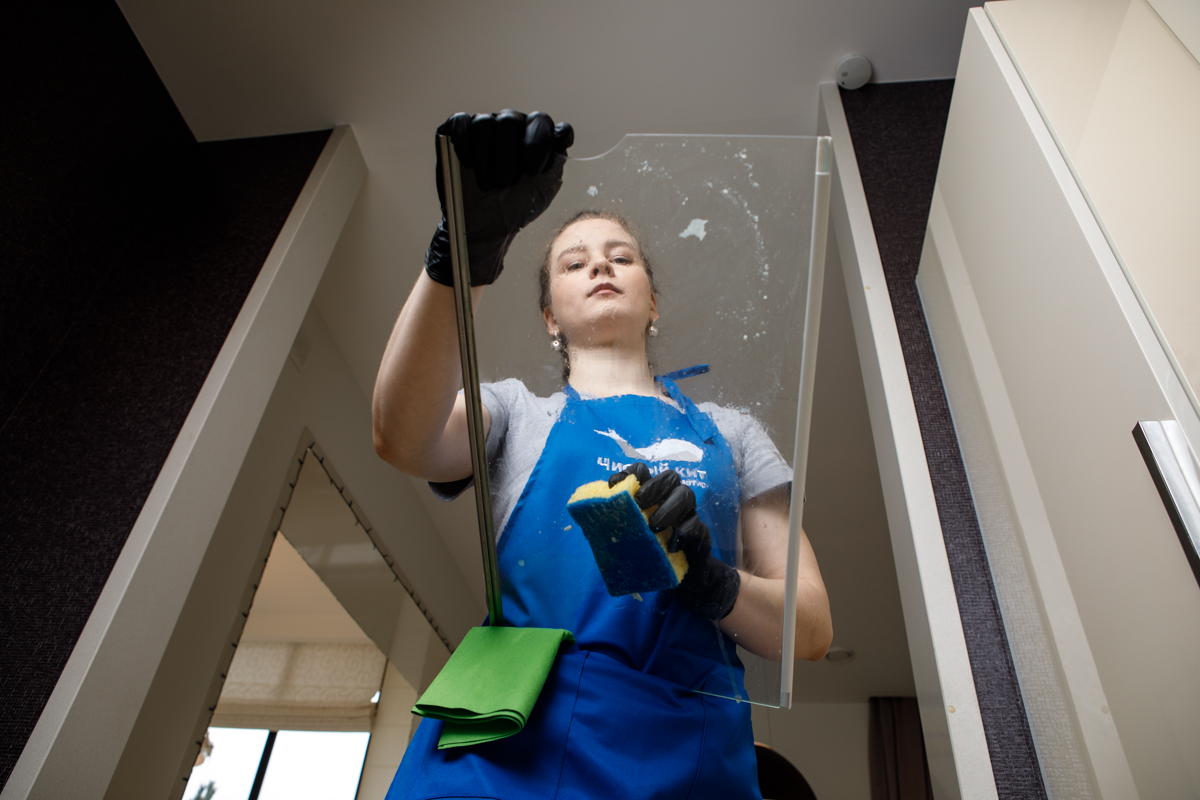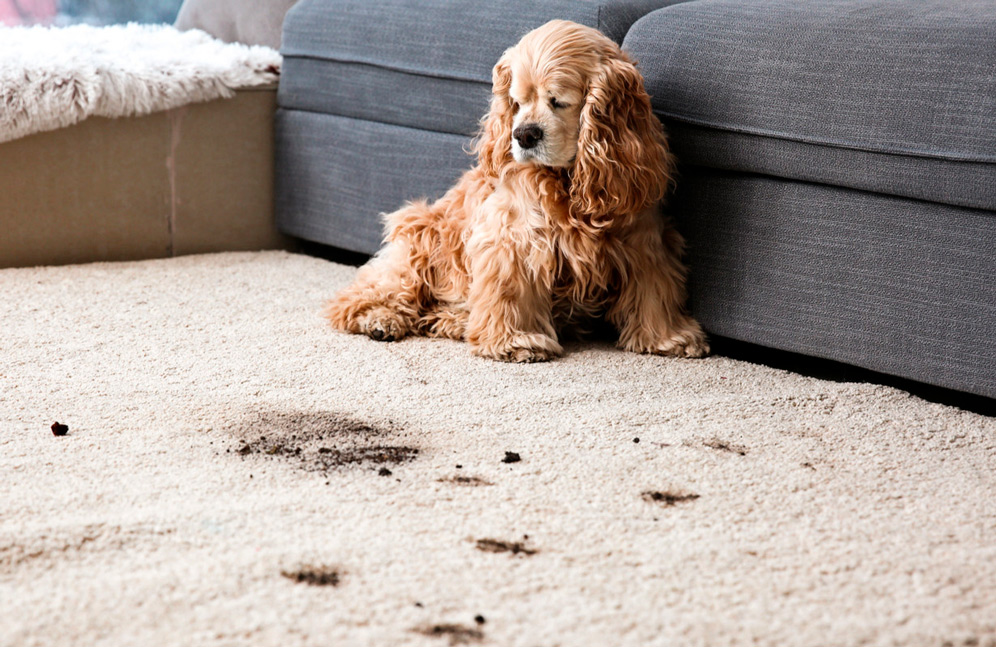Unlock Your Home's Heating Potential: The Ultimate Guide to Cleaning Radiators from the Inside
Radiators are one of the most essential components of your home's heating system. However, over time, dust, debris, and sludge can accumulate inside, significantly reducing their effectiveness. Did you know that simply cleaning your radiators from the inside can boost your heating efficiency by up to 30%? In this comprehensive guide, we delve into everything you need to know about cleaning radiators to maximize your heating system’s performance. Whether you're a seasoned DIYer or a complete novice, our actionable tips and insights will empower you to tackle this important home maintenance task with confidence. Let’s get started!

What Happens When You Don’t Clean Your Radiators?
Neglecting to clean your radiators can lead to several issues. Eventually, dirt, dust, and scale can cause blockages, resulting in cold spots and less efficient heating. Furthermore, inefficient radiators can lead to increased energy bills, as your boiler works overtime to compensate for the heat loss. According to a recent study, homeowners who don’t clean their heating units regularly can end up paying an additional $150 annually in energy costs.
Signs Your Radiators Need a Good Clean
It’s crucial to recognize the signs that your radiators require cleaning:
- Cold Spots: If you feel cooler areas at the top of the radiator, it indicates trapped air, sludge, or dirt within.
- Inconsistent Heating: If some rooms are warmer than others, dirty radiators might be the culprit.
- Gurgling Noises: This unsettling sound can signify trapped air or blockages in your radiator.
- Visible Dust and Grime: If the exterior of your radiator is covered in dust, it’s likely the inside is too.
- Increased Energy Bills: If you’ve noticed a rise in your energy bills without changes in usage, it’s a sign of inefficiency due to dirty radiators.
How to Clean Your Radiators from the Inside — Step-by-Step Guide
Cleaning your radiators may feel daunting, but it’s relatively straightforward when broken down into systematic steps. Here’s how you can clean your radiators efficiently:
Step 1: Gather Your Supplies
Before you dive in, assemble the necessary supplies:
- Radiator key (for bleeding)
- Bucket (for collecting water)
- Towels or rags
- Vacuum cleaner with nozzle attachment
- Flexible cleaning brush or pipe cleaner
- Mild detergent (optional)
- Water
Step 2: Turn Off Your Heating
Before starting the cleaning process, ensure your heating system is completely off to avoid accidents or burns. Allow some time for the radiators to cool down.
Step 3: Bleed the Radiator
Using the radiator key, carefully bleed the radiator by opening the valve at the top with a cloth underneath to catch any water. Turn it counterclockwise until you hear a hissing noise, then wait for it to stop. This process will release trapped air, which can improve heat distribution. Once water starts coming out steadily, close the valve tightly.
Step 4: Vacuum the Radiator
Attach the nozzle of your vacuum cleaner to clean off excess dust and debris accumulated on the surface and in between the fins. This step helps prevent the dirt from mixing with water if you're going to clean further.
Step 5: Clean the Interior of the Radiator
Insert a flexible cleaning brush or pipe cleaner into the openings to dislodge dirt and sludge. For stubborn grime, a mild detergent solution can help. Just be cautious not to oversaturate the inside of the radiator, as this can lead to rust.
Step 6: Rinse the Radiator
If you've used detergent, gently rinse the interior of the radiator with water, ensuring that it’s thoroughly drained afterwards. Use a wet cloth to wipe any exterior dirt.
Step 7: Dry the Radiator
Use towels to dry the exterior thoroughly and leave the radiator to air dry completely before turning your heating back on.
Common FAQs about Cleaning Radiators
-
Is it necessary to clean radiators yearly?
- Ideally, yes. An annual cleaning can help maintain efficient heating and reduce energy costs.
-
Can I clean my radiators if they are filled with water?
- It’s best to avoid this; you should drain the radiators first to prevent spills. Clean when they're empty.
-
What if I don’t feel comfortable cleaning the radiators myself?
- Hiring a professional may be worthwhile if you’re unsure. They have the tools and expertise to clean them effectively.
-
Does radiator cleaning prevent rusting?
- While cleaning helps reduce the buildup of corrosive material, regular checks and maintenance on your heating system will best prevent rust.
Benefits of Regularly Cleaning Your Radiators
Keeping your radiators clean not only improves efficiency but also contributes to a variety of benefits:
- Enhanced Heating Performance: A clean radiator heats more effectively, ensuring that your home remains at a comfortable temperature.
- Lower Energy Costs: By improving efficiency, you’ll likely notice a decrease in your energy bills.
- Extends Lifespan: Regular maintenance can extend the life of your heating system by reducing wear and tear.
- Improved Air Quality: Properly cleaned radiators won’t cycle dust and allergens back into the air.
Top Tips for Maintaining Your Radiators
To ensure your radiators remain in peak condition:
- Schedule Regular Cleaning: Implement a bi-annual schedule to keep them clean and efficient.
- Monitor the Pressure: Check your heating system's pressure gauge to ensure it remains within the ideal range.
- Inspect for Leaks: Regularly check for leaks and corrosion in your radiator, addressing them immediately.
- Professional Maintenance: Consider professional maintenance in conjunction with your cleaning schedule for thorough checks and servicing.
Conclusion
Cleaning radiators from the inside is an essential task that can substantially improve your home’s heating efficiency. By following the simple steps outlined in this guide, you can ensure that your radiators operate at peak performance, leading to warmer rooms, lower energy costs, and a longer lifespan for your heating system. Don’t wait until the cold sets in — take action today and experience the difference a clean radiator can make for your home’s comfort. Remember, efficiency starts with maintenance, and it’s easier than you think! Share this guide with family and friends, and let everyone benefit from a cozier, more economical heating experience this winter!
By prioritizing radiator cleanliness, you not only enhance your home’s comfort but also contribute positively to environmental conservation through improved energy efficiency. Embrace this simple yet impactful task, and you'll reap the benefits throughout the colder months ahead.








